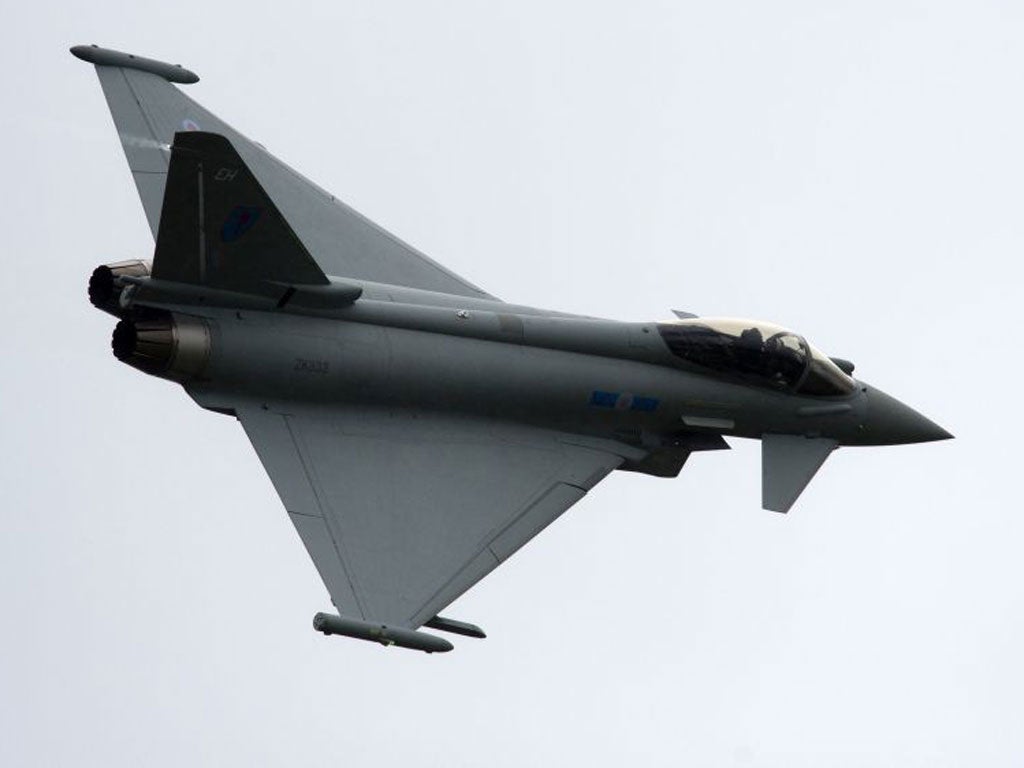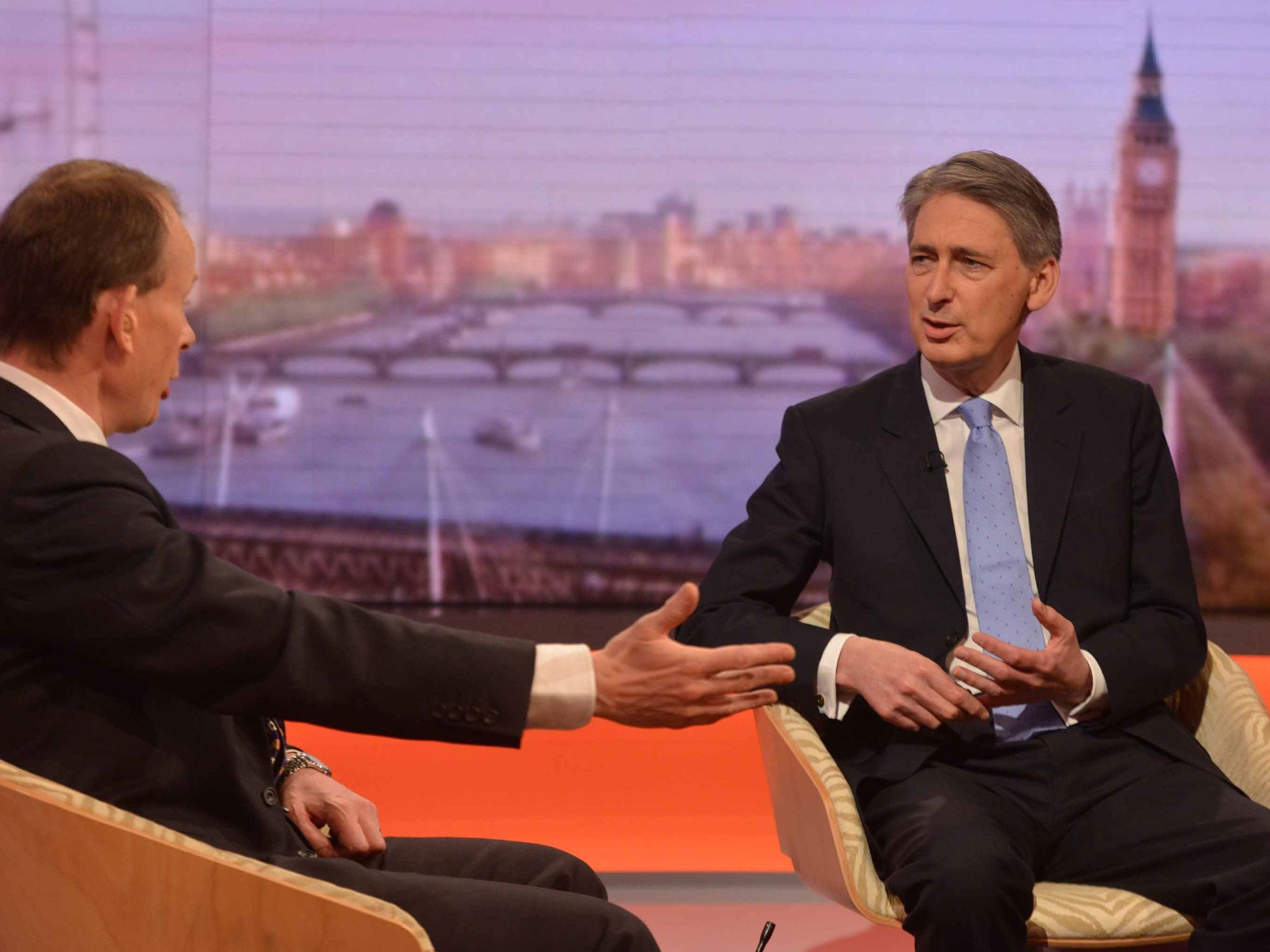Ukraine crisis: British troops to mobilise in joint Nato military exercises in eastern Europe
Defence Secretary Philip Hammond says Western allies need reassurance in face of apparent Russian expansionism

Your support helps us to tell the story
From reproductive rights to climate change to Big Tech, The Independent is on the ground when the story is developing. Whether it's investigating the financials of Elon Musk's pro-Trump PAC or producing our latest documentary, 'The A Word', which shines a light on the American women fighting for reproductive rights, we know how important it is to parse out the facts from the messaging.
At such a critical moment in US history, we need reporters on the ground. Your donation allows us to keep sending journalists to speak to both sides of the story.
The Independent is trusted by Americans across the entire political spectrum. And unlike many other quality news outlets, we choose not to lock Americans out of our reporting and analysis with paywalls. We believe quality journalism should be available to everyone, paid for by those who can afford it.
Your support makes all the difference.The UK is preparing to send troops to take part in joint Nato war games in Eastern Europe in response to Russia’s ongoing actions against Ukraine, the Defence Secretary has said.
Philip Hammond said British typhoon aircraft would likely be based in Estonia to help police the skies around the Baltic sea, as part of a commitment to “greater participation in exercises in the Baltic States”.
While Ukraine is not a member of Nato, and as such receives no automatic protection from the alliance, the Baltic states of Estonia, Latvia and Lithuania are – meaning aggression towards them is regarded as aggression towards the entire of Western Europe and the US.
President Vladimir Putin has previously expressed an intention to secure “Russian interests” in the Baltics, Belarus and Finland – and there is growing international concern about the estimated 40,000 Russian troops now amassed on Ukraine’s eastern border.
Mr Hammond said he hoped a diplomatic solution could be found but it was important to maintain pressure on Moscow following its use of “very crude” tactics against its neighbour.

He told the BBC's Andrew Marr Show: “Everybody is concerned. We are concerned that there might be a further incursion in the territory of a sovereign nation.
“Whether there is or there isn't, we all need to be concerned about the use of this very crude and blunt instrument to try to influence other countries and their behaviour.
“We thought we had seen the end of that kind of thing in Europe.”
He added: “Certainly one of the things we are looking at is a greater participation in exercises in the Baltic States, the Eastern European Nato member countries as a way of reassuring them about our commitment to Article 5 of the Washington Treaty, the mutual guarantee.”
Article 5 of the Nato treaty means that an attack on one nation in the alliance is viewed as an act of aggression against them all.
“Nobody should be in any doubt to our resolve to live up to our commitments under the Nato treaty,” Mr Hammond said.
Meanwhile, Russia has set out demands for a diplomatic resolution to the crisis in Ukraine, saying the former Soviet republic should be unified in a federation allowing wide autonomy to its various regions.
Foreign minister Sergey Lavrov met with his US counterpart John Kerry in Paris last night to discuss options to de-escalate the situation.
After four hours of “frank” talks, the two failed to reach a deal on how to resolve the Crimean crisis.
Join our commenting forum
Join thought-provoking conversations, follow other Independent readers and see their replies
Comments